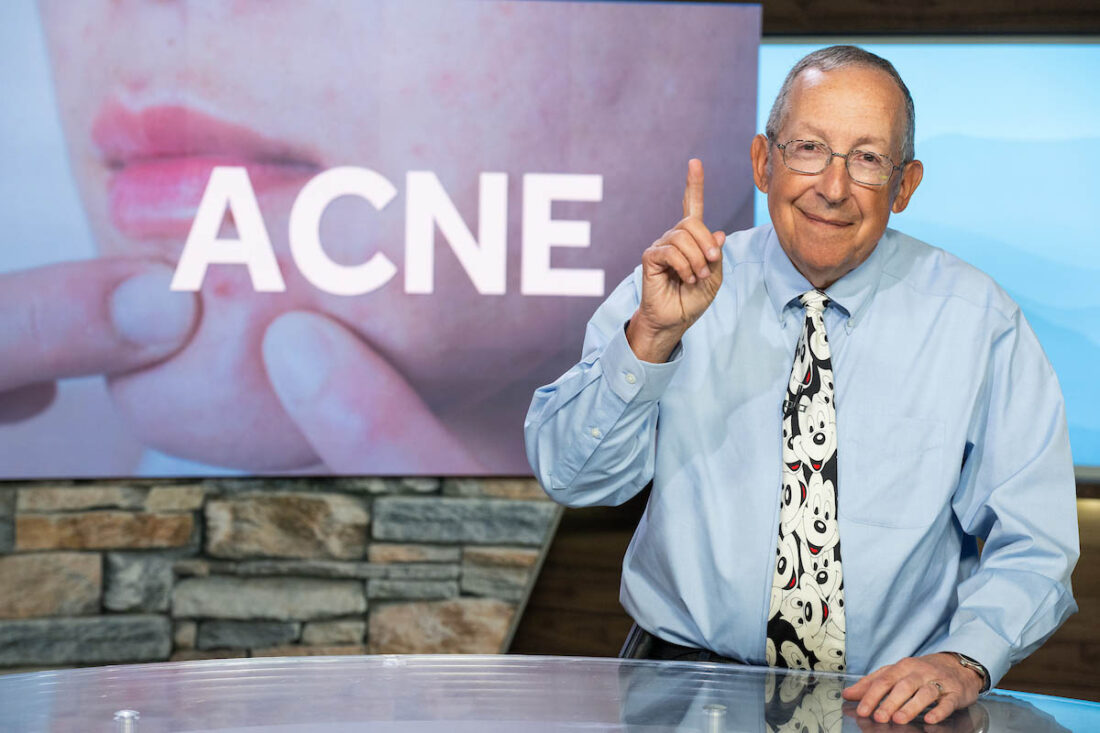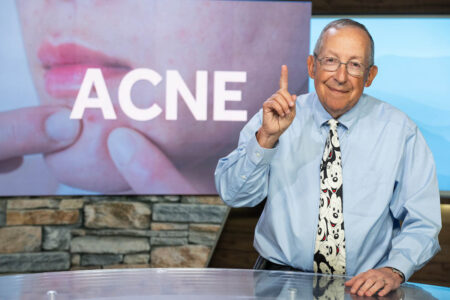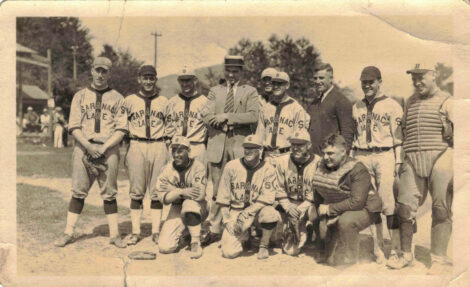Myths about acne

(Provided photo)
Recently I’ve come face to face with teenagers eager to ask me what is fact and fiction about their developing acne.
Let me see if I can break out with some accurate information about some common acne myths.
Acne is the most common skin disease in the United States — affecting more than 20 million teens and young adults.
A common myth is that chocolate, greasy fried foods or even stress or dirt on the face causes acne. None of these are true causes.
Acne is caused by overactive oil glands in the skin stimulated by your older child or teen’s overactive hormones that can cause these glands to produce more oily secretions that can clog a pore.
This situation can then allow bacteria to grow inside the pore resulting in inflammation and the dreaded pimples, otherwise known as acne.
Another myth is that the more you wash your face, the less pimples you will have.
In fact, aggressive scrubbing or rubbing may inflame your pimples rather than heal them. The best approach is to gently wash the face twice daily with mild soap and pat dry.
Of course, there are those who think popping pimples will make them go away faster — this is yet another acne myth!
Picking and poking at pimples will only make the lesions last longer and look worse and may even cause scarring.
One truth about acne is that it doesn’t last forever.
When first detected, acne can be cleared up quicker starting with a medication like benzoyl peroxide available as a lotion or gel over the counter. Be aware it may take six to eight weeks of usage to really begin to see improvement. Benzoyl peroxide helps to open the plugged pores, and it can help kill bacteria trapped in those pores.
A myth is to apply benzoyl peroxide just to the pimples you can see. In reality, you need to apply it thinly and over the whole face, not just over the pimples to keep acne under control.
How much? An amount the size of a pea should cover the whole face. If face becomes too red, you are using too much. It is not true that the more you use, the better your acne.
If benzoyl peroxide doesn’t work, then stronger prescription medications can be prescribed to reduce the inflammation and growth of bacteria in pimples. Your teen can talk to their health care professional to get help in selecting the right medication.
Hopefully tips like these will clear up any concerns you have when zit comes to breaking down the myths and learning the truth about acne.
——
Lewis First, MD, is Chief of Pediatrics at The University of Vermont Children’s Hospital and Chair of the Department of Pediatrics at the University of Vermont’s Larner College of Medicine. You can also catch “First with Kids” weekly on WOKO 98.9FM and NBC5.




